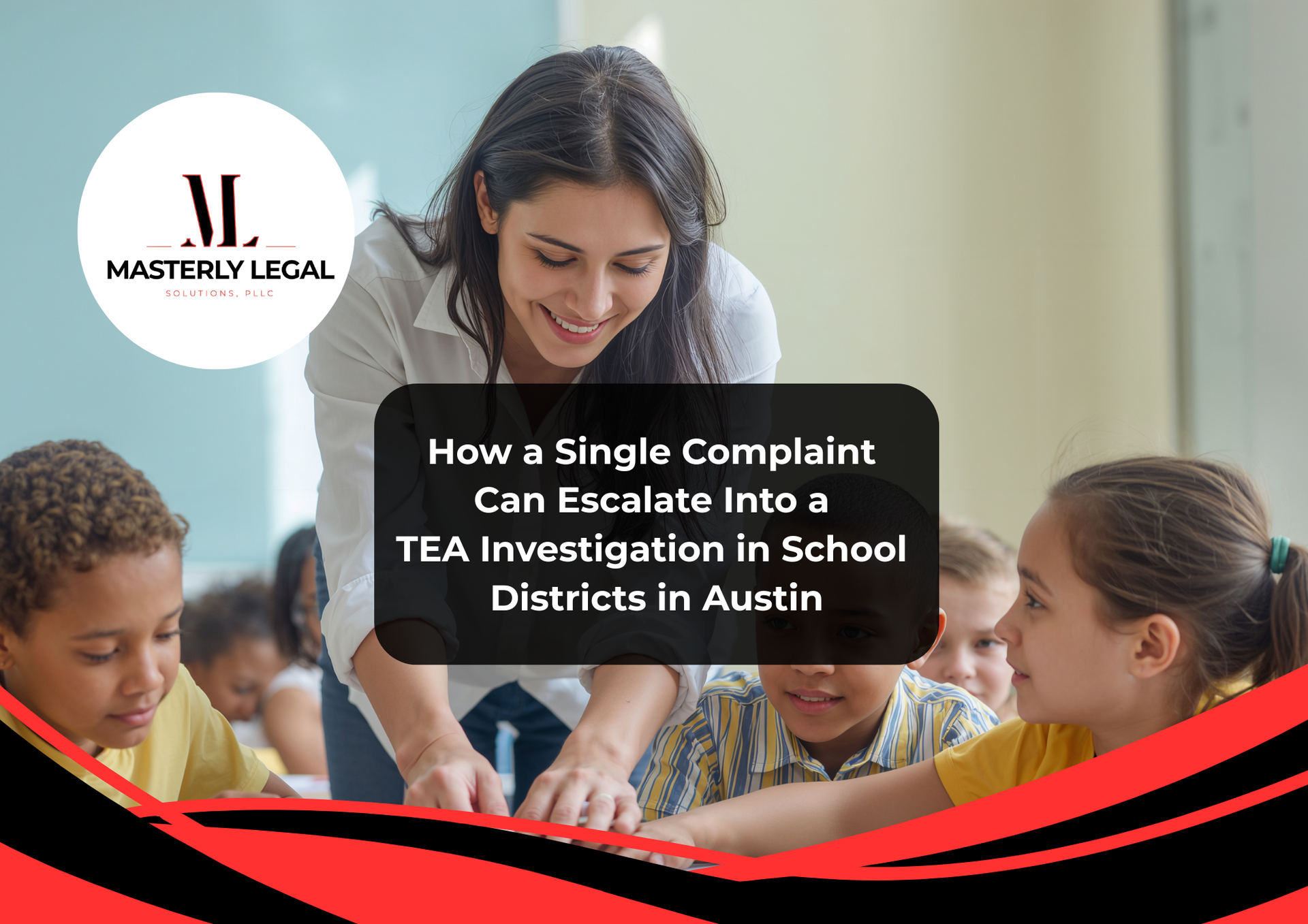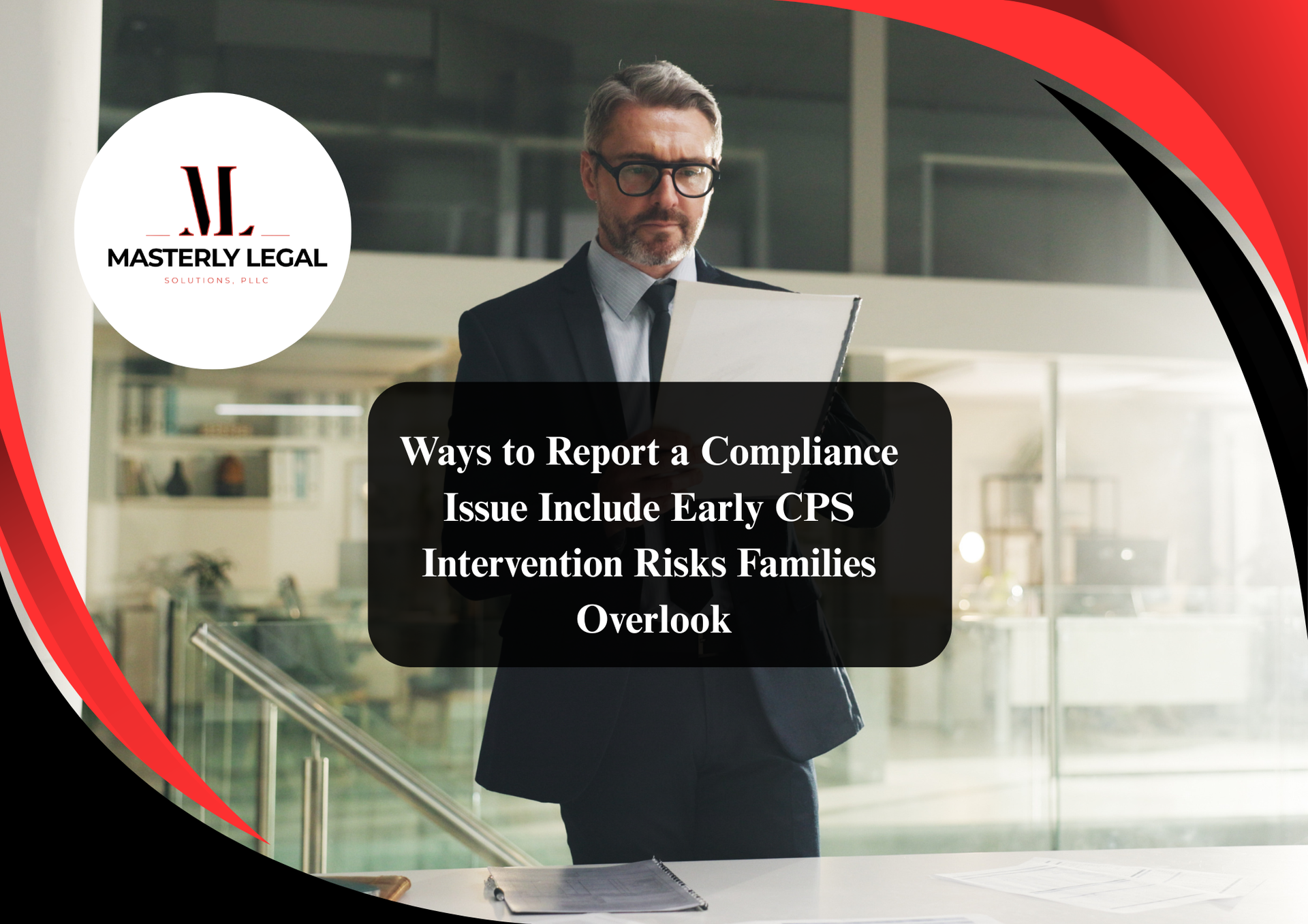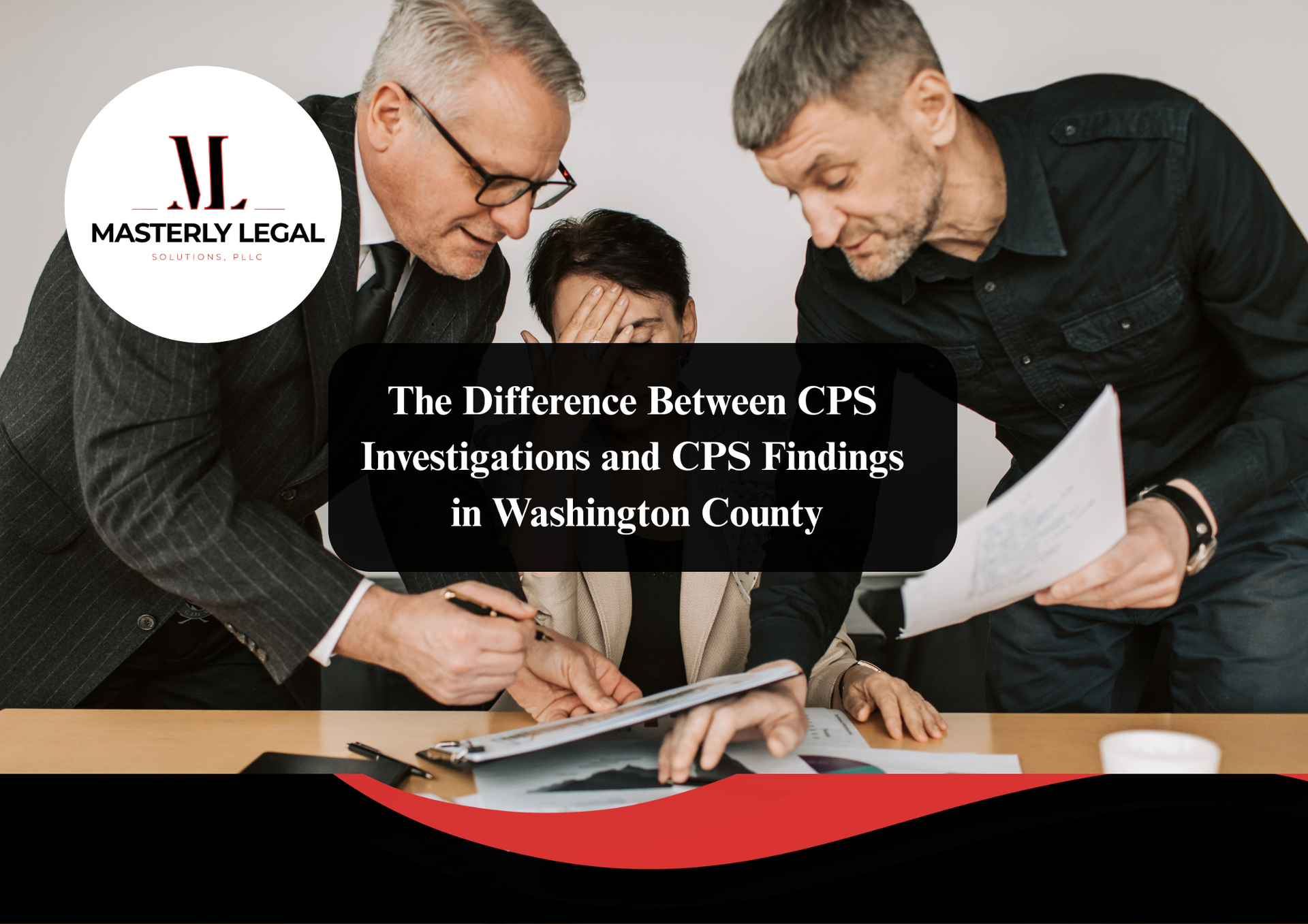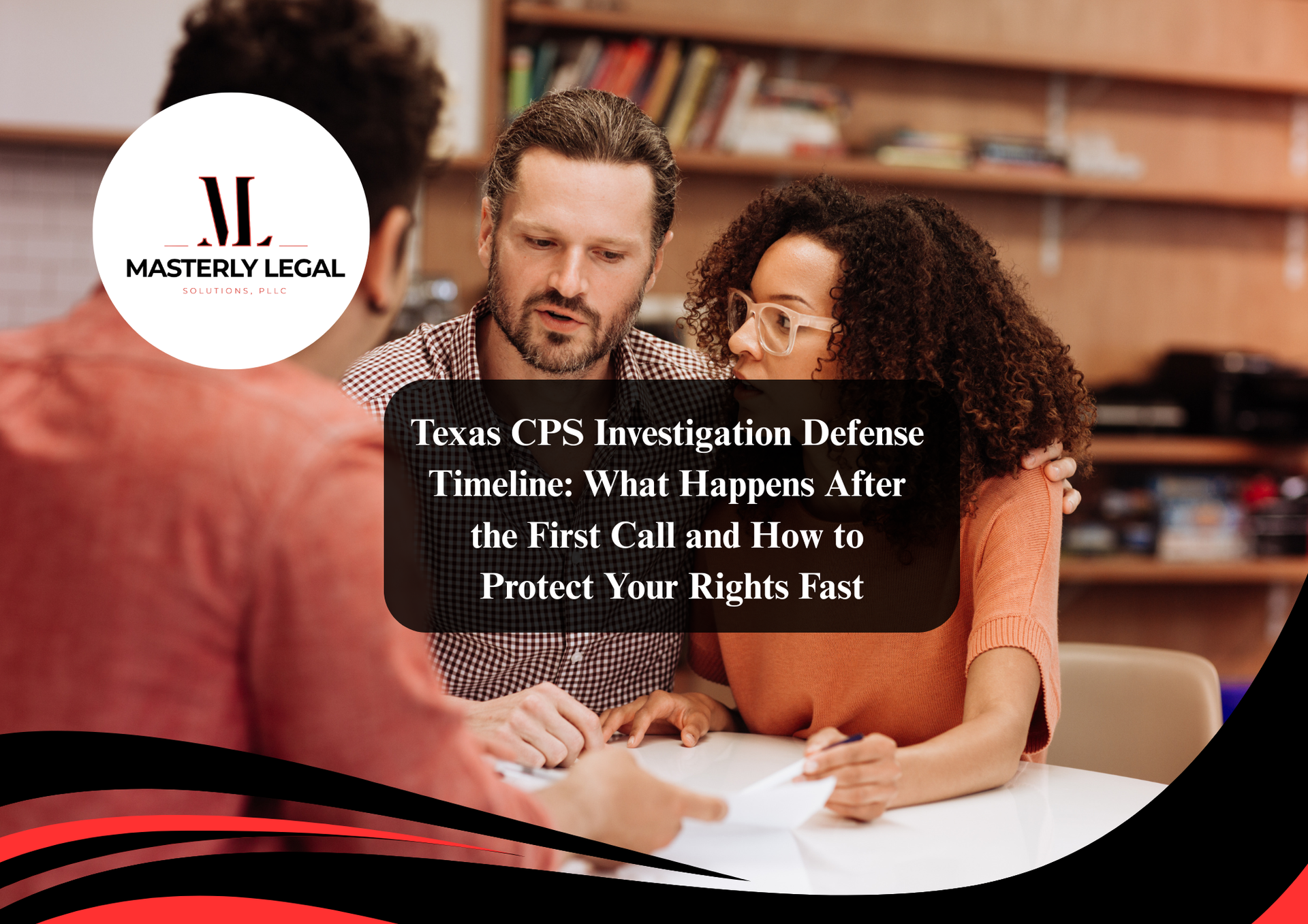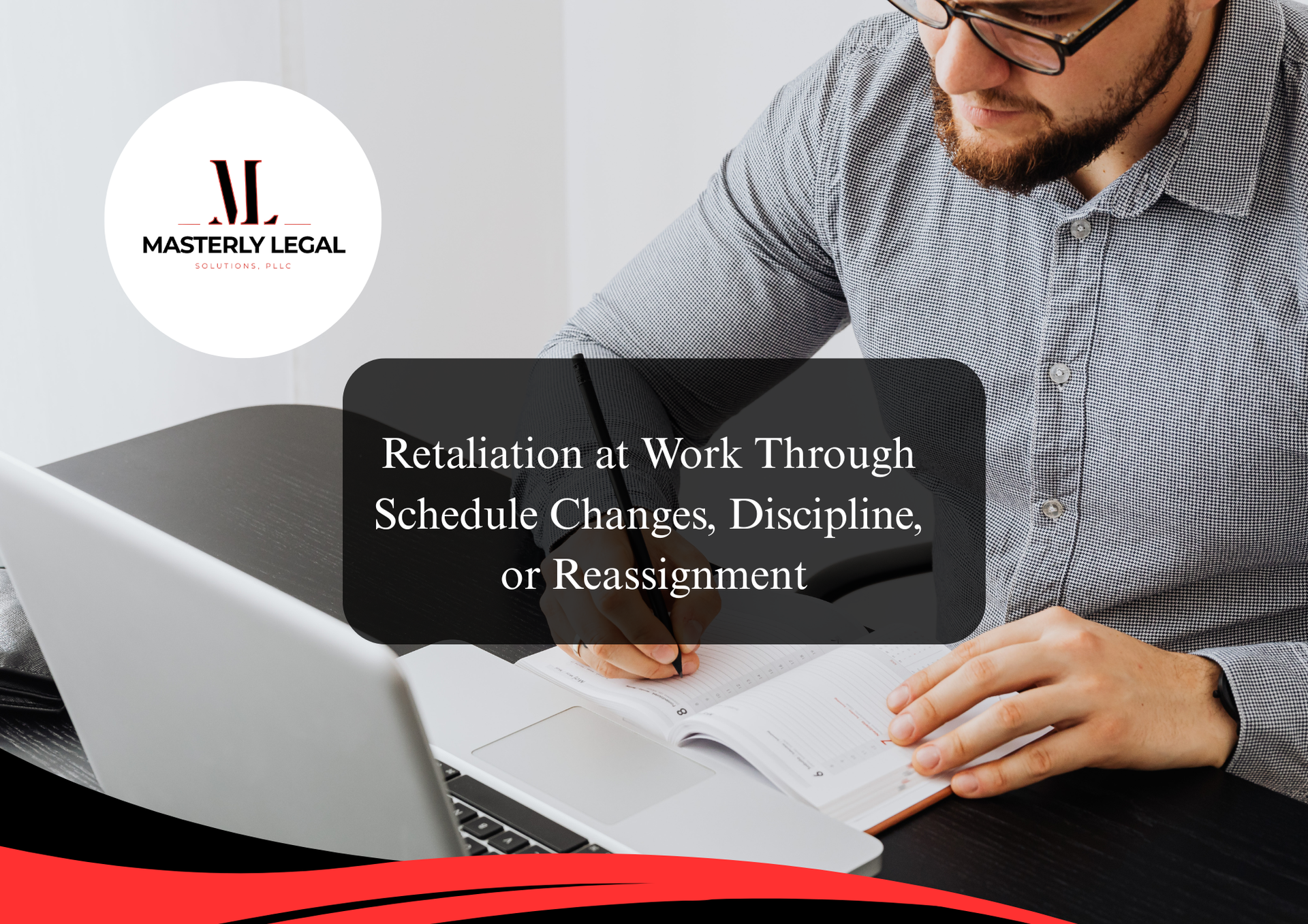Facing a TEA Investigation? The Critical Steps Every Texas Educator Must Take Immediately
Why Immediate Action is Crucial When the Texas Education Agency Contacts You
Receiving a notice that you’re under investigation by the Texas Education Agency (TEA) is a moment every educator hopes never comes. Whether you work in a public school, charter school, or university, a TEA investigation can disrupt your career and jeopardize your teacher’s license. Unlike other legal matters, these cases move quickly and follow strict procedures outlined in the Texas Education Code.
It’s essential to act right away to protect your rights, secure legal representation, and prevent irreversible damage to your professional standing. Every day you wait limits your options and strengthens the case against you.
Step 1: Read the Written Notice Carefully
The first step is to read every word of the written notice you receive from the TEA. This document often includes:
- The specific allegations or complaints against you.
- Deadlines for submitting your response.
- Instructions about providing documents or statements.
- Potential consequences, such as administrative leave, proposed termination, or loss of educator certification.
If you do not fully understand any part of the notice, consult an education attorney immediately. Misinterpreting your obligations under the Texas Educators Code can lead to unintentional mistakes that harm your defense.
Step 2: Avoid Speaking to Anyone Without Counsel
One of the most common mistakes educators make is discussing their situation with colleagues, parents, or school administrators without guidance. Anything you say could be misquoted or used against you in disciplinary proceedings or administrative hearings.
Limit all communication about the investigation to your legal team. Even casual remarks can complicate your defense and violate district policies or state law.
Step 3: Secure Experienced Legal Representation Immediately
Do not wait to see how serious the investigation becomes. The TEA takes every complaint seriously, and so should you. A skilled attorney who understands education law matters can:
- Review the notice and advise you on your rights.
- Prepare you for communications with the TEA, school boards, and school districts.
- Guide you through compliance with the Texas Open Meetings Act and other regulations.
- Develop a defense strategy to protect your employment and educator certification.
The earlier you hire an attorney, the better prepared you will be to respond effectively.
Step 4: Gather All Relevant Documentation
As soon as you receive notice, begin collecting any documents that could support your defense. Relevant materials include:
- Emails, texts, or memos related to the allegations.
- Student records (especially individualized education plans or IEPs).
- Copies of policies, training materials, and contracts.
- Notes from meetings with administrators or parents.
- Performance evaluations and prior disciplinary records.
Having a complete file helps your law firm quickly assess the evidence and build your case.
Step 5: Understand Your Constitutional Rights and Due Process
Even in an expedited process, you have rights guaranteed under both state law and the U.S. Constitution. These include:
- The right to receive adequate notice of allegations.
- The right to an opportunity to respond.
- The right to due process before disciplinary action is taken.
A qualified education lawyer can ensure these rights are respected and challenge any violations.
Step 6: Prepare for a Preliminary Meeting or Hearing
Many school systems and educational institutions schedule a preliminary meeting or conference early in the process. This session is often where initial evidence is reviewed, and your response is recorded.
Preparation is essential. Your attorney can help you:
- Anticipate questions from investigators or administrators.
- Develop clear, accurate statements.
- Avoid statements that could later be misconstrued.
- Request more time to gather supporting documentation.
Step 7: Avoid Retaliation or Disruption
No matter how upsetting the situation feels, it is vital to remain professional. Avoid any conduct that could be seen as retaliation or interference with the investigation, including:
- Confronting the person who filed the complaint.
- Discussing confidential information with students or parents.
- Making public statements about the investigation.
Such actions can lead to additional disciplinary action and weaken your defense.
Step 8: Understand the Role of Mandatory Reports
Under Texas law, educators are required to make mandatory reports regarding student safety. Sometimes, investigations stem from misunderstandings about these obligations.
If your case involves mandatory reporting or allegations related to special needs children, you need legal counsel who understands special education law and student rights.
Step 9: Be Ready for Administrative Leave or Suspension
Depending on the nature of the allegations, you could be placed on administrative leave while the investigation proceeds. Although this can feel punitive, it does not mean guilt has been determined.
Use this time wisely to:
- Coordinate with your attorney.
- Organize documents.
- Develop a plan for your defense and appeal process if necessary.
Step 10: Develop a Long-Term Strategy
A TEA investigation can impact your career long after it concludes. A forward-looking strategy should consider:
- Your future plans in education.
- The potential impact on your teacher’s license.
- Implications for work in higher education institutions.
- Effects on your ability to provide special education services or represent students.
Early planning ensures you protect both your current position and future opportunities.
Step 11: Protect Your Professional Relationships
While you must limit what you share, it’s also important to maintain respectful communication with your employer. With guidance from your attorney, consider:
- Sending professional updates about your cooperation.
- Clarifying your commitment to your students and school community.
- Avoiding any appearance of disengagement or hostility.
This approach reinforces your professionalism during the investigation.
Step 12: Know Your Rights Under Title IX and Other Regulations
Investigations involving harassment, discrimination, or misconduct can trigger obligations under Title IX and other regulations. A lawyer with experience in education law issues can ensure your case is handled lawfully and fairly.
Step 13: Consider the Implications for Special Education Services
If you work with special needs children, be aware that investigations can also affect the delivery of special education services. Your attorney can help you address questions about IEP meetings, compliance with the Texas Education Code, and protections under federal law.
Step 14: Avoid Making Assumptions About Outcomes
Many educators hope the investigation will go away on its own. However, tea investigations rarely resolve without active participation. Assuming the matter is minor or will be dropped is a critical error.
Stay engaged, informed, and proactive from the beginning.
Step 15: Keep Personal Notes
Maintain a personal log of:
- All communications related to the investigation.
- Observations about the process.
- Any issues or concerns that arise.
These notes can be vital if you need to challenge procedural irregularities or unfair treatment.
Step 16: Respect Student Privacy
While you gather evidence, remember to comply with all privacy laws protecting students and families. Never share confidential records without appropriate authorization.
Step 17: Collaborate With Your Legal Team
Frequent communication with your attorney is essential. Be honest about all facts, even if they seem damaging. Your lawyer can only defend you effectively if they have the complete picture.
Step 18: Monitor Deadlines Carefully
Every notice you receive will include deadlines for responses, document submissions, and hearings. Missing these deadlines can result in default findings against you and loss of critical rights.
Step 19: Explore Settlement or Resolution Options
Not every case must end in a contested hearing. Depending on the circumstances, your attorney may negotiate a resolution that avoids severe penalties while protecting your record and future employment.
Step 20: Be Ready for the Next Steps
Even after an investigation ends, further action may follow:
- Appeals to the state board.
- Reinstatement conditions.
- Disciplinary records affecting your work in other educational institutions.
Having a long-term plan ensures you are prepared for any outcome.
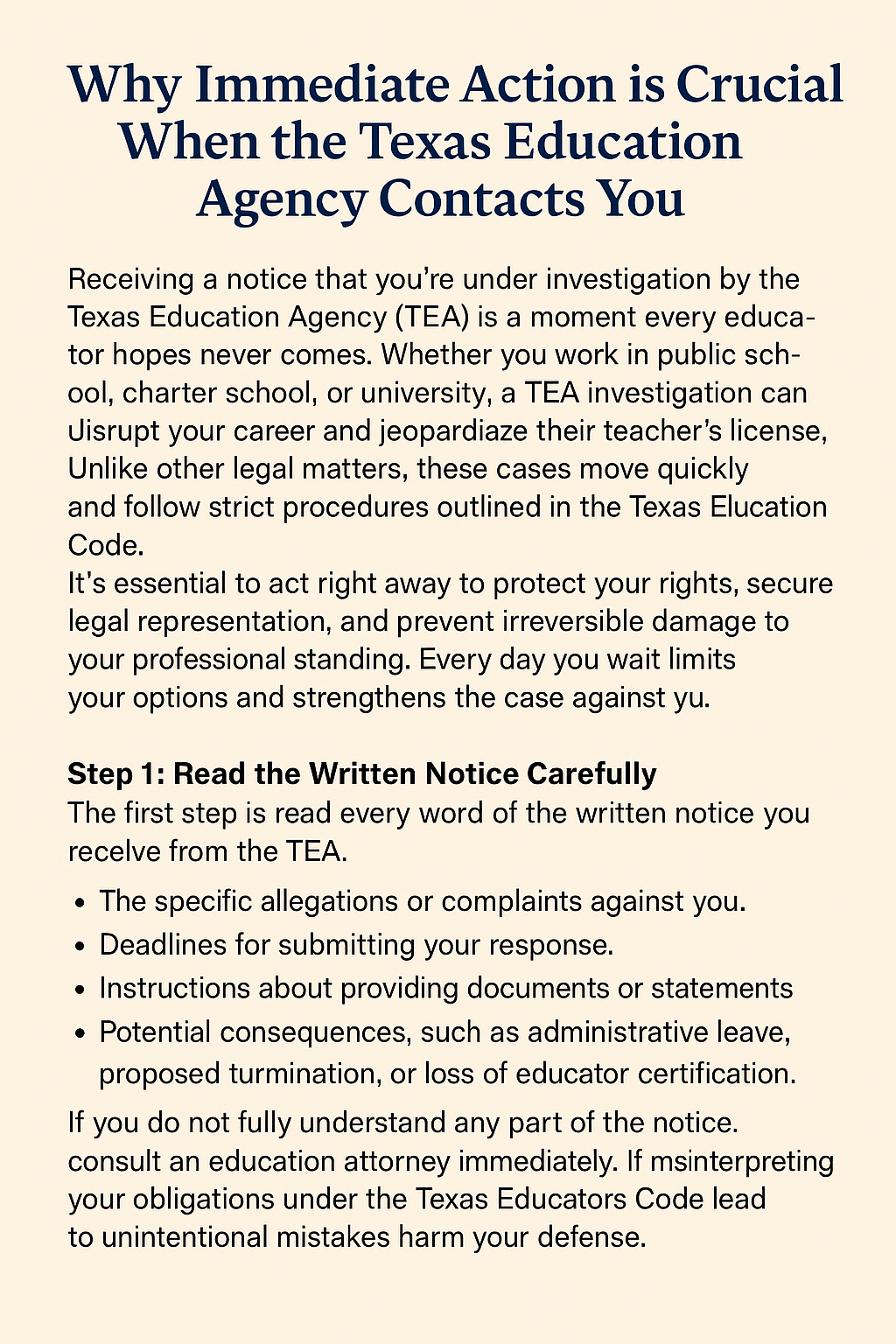
Why Prompt Legal Services Are Essential to Protect Your Interests During TEA Investigations
When you are facing a TEA investigation, you must remember that even well-intentioned educators can quickly become entangled in complex legal issues that threaten their careers. Whether you teach in a public classroom or help support schools as an administrator, your case will be governed by strict education policies, school law, and procedures specific to the State of Texas. From initial complaints to formal disciplinary hearings, every stage demands careful attention to deadlines and documentation. By engaging professional legal services right away, you protect not only your employment but also the broader interests of the students and communities you serve. A skilled attorney can help you navigate this process confidently and ensure you comply with all requirements while defending your rights.
Understanding How the School System Handles Legal Matters During an Investigation
Every school system in Texas has established procedures for managing legal matters when a teacher is under scrutiny. From the moment an allegation is filed, administrators are required to follow policies that can include immediate suspension, evidence collection, and scheduling of preliminary meetings. While these steps may feel impersonal or rushed, they are designed to protect the integrity of the process and uphold accountability within the education community. Knowing how your school system operates allows you to respond confidently and avoid common mistakes that can jeopardize your defense.
How an Education Attorney and Skilled Law Firm Can Defend Educators Across All School Districts
When allegations arise, educators working in school districts, higher education, or other educational institutions often feel overwhelmed by the complexity of education law. From navigating internal policies to complying with the Texas Education Code, every decision you make can impact your professional future. Retaining an experienced education attorney from a reputable law firm ensures you have strong guidance through each stage of the process. Whether you teach in a local classroom or hold a position in higher education, dedicated education lawyers can advocate for you, protect your rights, and help you address disciplinary actions effectively.
We’re Here to Protect Your Career
If you have been notified of a TEA investigation or suspect you’re under review, don’t wait to act. The sooner you have skilled legal guidance, the stronger your defense will be.
At Masterly Legal Solutions, we help classroom teachers, school counselors, administrators, and educators across Texas navigate these urgent situations. Our team understands the complexities of education law, special education, and constitutional rights.
Call us today at (972) 236-5051 to schedule a free consultation with an experienced education attorney who will stand by your side from the first notice to the final decision.
Disclaimer: This article is for informational purposes only and does not constitute legal advice or establish an attorney-client relationship.
Looking for Legal & Business Solutions? Contact Us Now
Fill in the form or call us to set up a meeting


